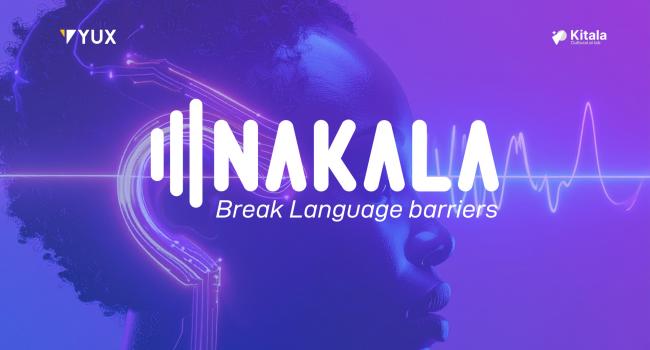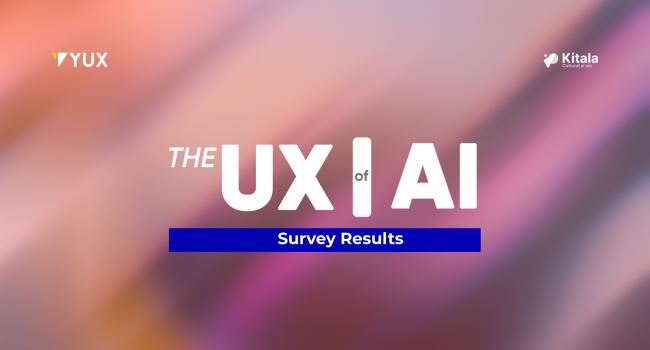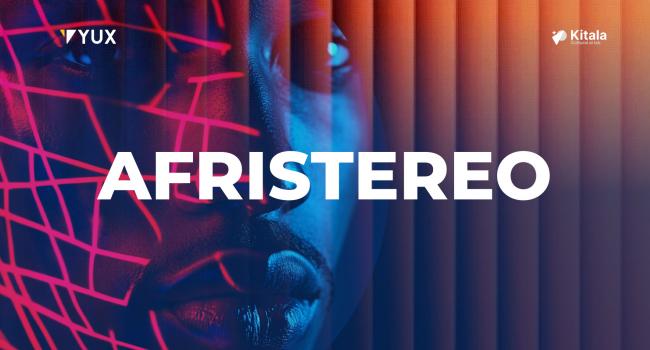Two years ago, I asked a question that unknowingly set me on a new career path: "What’s UX?"
At the time, I was simply hanging out with friends at the YUX offices. The room was ordinary some chairs, tables, a relaxed vibe, but my eyes were drawn to a banner that read: “UX” – “Rising Design in Africa” – “UX/UI Design.”
I didn’t understand what any of it meant back then, so I asked the question. That moment of curiosity triggered a shift I never anticipated. Today, I work in Research Operations, a field that was virtually unknown to me and still emerging across much of the UX world in Africa.
Back then, when I was offered the role at YUX, even the team wasn’t quite sure what Research Ops was. We had bits and pieces: an idea that someone needed to handle research logistics, organize documents, and free up researchers to focus on what they do best. It sounded relevant. So we jumped in.
And so began my journey, full of experiments, lessons, and evolution.

Understanding What Research Ops Really Means
The first challenge? Understanding the “Ops” part of UX. I remember reading a line early on that clicked instantly for me: "ResearchOps is the people, mechanisms, and strategies that set user research in motion." That sentence became my anchor.
It gave me a clearer purpose: my job was to enable research. To create the structures, tools, and workflows that help researchers deliver quality insights at scale. It wasn’t about being in the spotlight. It was about holding the spotlight steady so others could shine.
With the help of my colleagues, we began mapping out the foundational pillars of Research Ops that made sense for our context:
- Creating the right environment for research
- Managing participant recruitment
- Ensuring governance and ethical consent
- Establishing robust data management
We had no ready-made playbook. We wrote ours through practice, by trial and error.
Designing and Implementing Processes from the Ground Up
One of the most demanding and rewarding parts of this journey has been building internal processes. At first, it was about drafting consent forms, coordinating contracts, managing logistics. But I soon realized that processes are living systems.
They evolve with every project, every mistake, every new idea.
The version of a process I created two years ago might be outdated today. And that’s okay.
For example, we designed consent processes tailored for our reality:
- Templates for adult participants
- Special forms for minors (including parental consent)
- Simple-language formats for people with limited literacy
- And clear protocols for anonymizing sensitive data
All of this was new to us. There was no industry standard adapted to our context, so we built our own.
Participant recruitment
The participant pool is an essential component of user research, and it's best not to leave it to chance. Selecting participants can be tricky, but everything becomes much simpler when you have well-defined, easy-to-use and replicable recruitment processes and tools at your disposal. Of course, the first step is to define the research objectives, discuss the specific criteria for participants with the client, and above all, gain access to them... not always easy. And this is where Research Ops, with their seamless organization, make all the difference.
An example from the field
During a recent study, we had to recruit young participants, with a smartphone, belonging to a specific age range and nationalities, and with intermittent access to the Internet. The aim was to meet them every week, in small groups, for two months, to test a product in their daily lives, at home and during follow-up sessions. This was a demanding recruitment process, requiring rigorous organization: defining clear criteria, establishing a commitment schedule and calling on local partners to gain access to the participants.
How the right tool helps
Fortunately, at YUX, we have the Looka tool, which really simplifies all this. It manages recruitment and communication with participants, according to the criteria and schedule we've defined with the research team. A real time and efficiency gain, which just goes to show how crucial solid organization is to the success of this kind of project.
Mastering Logistics (and Learning to Anticipate)
Logistics might sound simple: plan timelines, get quotes, organize sessions. But in reality, it requires rigorous planning, flexibility, and anticipation.
When we had one project, I could manage the flow. But when we began running multiple projects across several countries—each with their own constraints—things got hectic. That’s when retro-planning became my lifesaver.
It gave me a visual tool to track everything, identify bottlenecks, and stay ahead of schedule. And when things went wrong (as they always do), I learned to adapt quickly. Anticipation isn’t magic—it’s learned through experience, late nights, and “never again” moments. Another key to anticipation is having reliable resources at hand. For example, having a list of identified suppliers and service providers, according to region and type of activity, saves precious time. And having a network of fixers - local contacts who know the area well - is also reassuring, especially when working in less familiar areas. These tools and resources make the process much smoother, and make it easier to adapt to unforeseen circumstances.
Finally, anticipation, coupled with good organization and well-chosen tools, enables us to remain flexible and responsive, even when things go wrong.
Working with Consultants Across the Continent
YUX works across six countries in Africa—and sometimes beyond. We rely heavily on consultants who are deeply embedded in local contexts. Their insight is crucial to making our research meaningful.
This collaboration is one of my favorite parts of the job, but also one of the most complex. It means:
- Scouting new profiles (usually through LinkedIn or recommendations)
- Vetting their experience via calls
- Sending structured offers and setting expectations
- Managing workflows and aligning on methods
- Reviewing collaboration and providing feedback
At YUX, we also wanted to go one step further by developing the YUX Fellowship program. The idea is simple: to offer the consultants with whom we regularly collaborate an even richer experience. In concrete terms, this means being integrated directly into our projects via Slack, co-writing experience articles, being mentioned in our case studies, speaking at events, and benefiting from personalized coaching to develop their portfolio, CV, and skills. All this, with access to YUX Academy resources and, in some cases, the opportunity to join the team on a more permanent basis. It's a way for us to value their work and build long-term relationships, while continuing to learn together.
The challenge? Every region is different. Every project is different. And finding the right balance between consistency and flexibility isn’t always easy. But we keep refining.
What I’ve Learned
If I could summarize my journey in Research Ops, I’d say this:
- Ops is invisible—but essential. When it’s working well, no one notices. When it’s not, everything feels chaotic.
- Processes must adapt. There’s no such thing as a “perfect” system—only better ones.
- Anticipation is everything. From missed deadlines to unavailable resources, the ability to pivot quickly is critical.
- Ethics aren’t optional. Consent and data protection must be built into every process, not added afterward.
- Ops is strategy, not admin. It enables research to scale, grow, and deliver impact.
I’m still learning every day. I make mistakes. I iterate. But I’m proud of how far we’ve come—and excited for what lies ahead.
If you’re just discovering Research Ops, or trying to build it in your organization, I hope this story encourages you to start where you are and build what you need. Your version won’t look like anyone else’s—and that’s exactly the point. And if you ever want to chat about Research Ops—my DMs are open!



